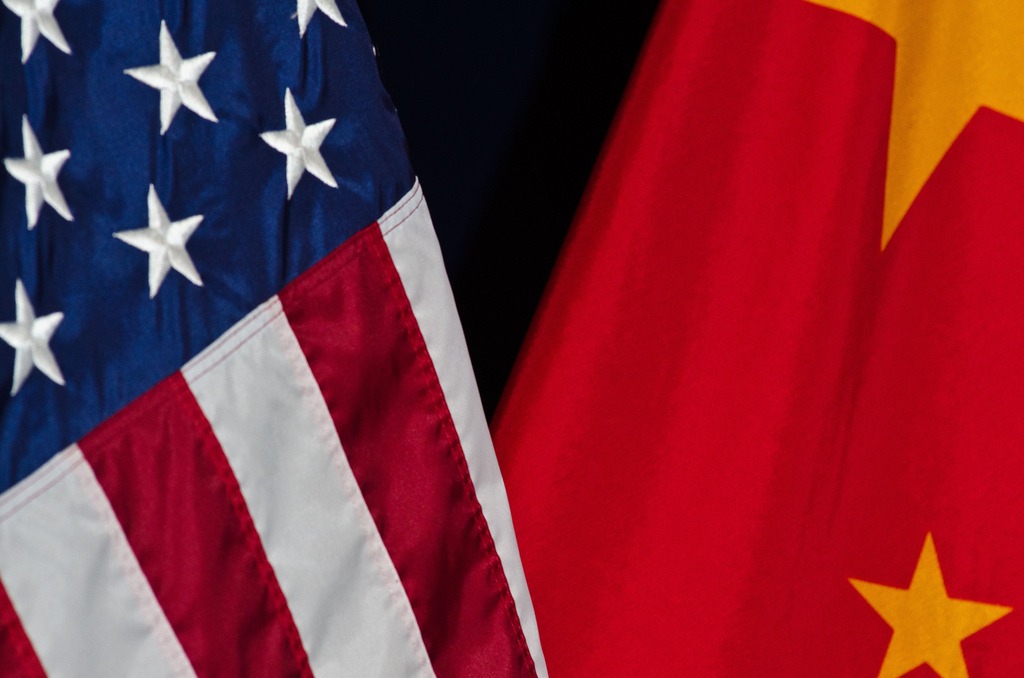During 2018, but especially since the middle of the year, we have witnessed a commercial war between the USA and China. It all started with accusations by the US that China did not respect the intellectual property of American companies, was restricting American investment in China and was also giving aid to large local companies causing American companies to compete at a disadvantage.
From that moment on, there was an escalation of tariff impositions by both countries until last October, where the American taxes amount to 250 Billion USD and the Chinas 110 Billion USD, according to Bloomberg. This trade war, although it seems like two, is really destabilizing world trade. Do not forget that both economies are the two largest in the world.
Fortunately, right now the war is at a truce point. Both countries have given themselves a few months to negotiate and reach agreements to unblock this situation. We should remember that total imports from the USA from China amount to 506 Billion USD while what China imports from the US represents 130 Billion USD.
The question is how does this war affect the nutraceutical industry? Until now, the American and Chinese companies have come out somewhat successful because only a few products have been included in the lists of ingredients subject to tariffs. Among them are fish oil, Ginseng root, Selenium, Sodium, Calcium, magnesium, Cromium, Zinc, Potassium and Xylitol. But what would happen if the negotiations did not go well and many of the main nutraceuticals were included in the list? How would this affect the industry? To begin with, it should be remembered that, according to the Nutrition Business Journal, the USA accounts for 34% of the global supplement market (43 million USD), China represents 14% (18 million USD) and Western Europe corresponds to 13% (17 million USD). But China is the one that grows the most, with 8% annual compared to 5% in the USA. It is expected that in 2021 China will represent 15% of the world market.
That means that together they account for almost 50% of the world market. The United States imports many ingredients from China and exports finished products to the Asian giant.
If the list of affected nutraceuticals were expanded, there would be no doubt that there would be companies in the sector that would close and jobs would be destroyed. This would affect third countries depending on their degree of exposure to both countries. Right now, as the global economy is so globalized, it is difficult to foresee the consequences, but doesn’t look good. In fact, the experience shows that the liberalization of world trade ultimately favours global economic growth.
Ignacio Cartagena
Vice President, Sales
Sources:
Nutrition Business Journal (NBJ)
Bloomberg


